Global clinical trial distribution Less than 5% of clinical research worldwide is done in Latin America and only a minimal part is carried out on women, so it is key that there are more opportunities in this field in the region and, above all, with a gender focus. experts on health issues said this Wednesday.
Global clinical trial distribution
Less than 5% of clinical research worldwide is done in Latin America and only a minimal part is carried out on women, so it is key that there are more opportunities in this field in the region and, above all, with a gender focus. experts on health issues said this Wednesday.
“At this moment there are more than 107,000 clinical studies and, in all of Latin America, we have 4,000, this represents less than 5% of the activity worldwide,” revealed the manager of clinical operations at Roche Caribbean, Central America and Venezuela, Virginia Cozzi Vilches.
During her participation in the panel ‘The power of gender equality in clinical research’ within the framework of Roche Press Day, the expert specified that, in Spain alone, 5,000 clinical investigations are currently being carried out, while the United States has 33,000.
“Unfortunately, 75% of clinical studies are in six countries worldwide, so we cannot talk about the representation of women on this issue,” she stated.
Lack of regulation
The former Minister of Health of Ecuador Ximena Garzón Villalba agreed with Cozzi that at the regional level, there are many opportunities needed for research to be carried out, but first, the regulatory part must be improved.
“In all our Latin American countries we have to update ourselves in aspects such as the execution of innovative clinical studies that, at this time, our regulations do not contemplate,” he expressed.
He explained that there are currently no regulations on how to organize and share data with third parties and how to systematize it, which “is something that also requires attention.”
Gender approach
Garzón Villalba said that in clinical research it is necessary to include women and their results in order to personalize treatments, because even when they participate in studies many times “those results are not reported and we do not know them.”
In that sense, Cozzi Vilches explained that at Roche – with whom EFE maintains an agreement to raise awareness about oncology – they already carry out clinical studies differentiated by sex, analyzing variables such as their laboratory analyses and lifestyles.
Read also: Rising in the Ranks: Claudia Sheinbaum’s Path to Presidential Front-Runner in Mexico’s 2024 Election
Likewise, Dr. Garzón Villalba pointed out that it is important that the female gender is not only present in clinical studies but that the doors are opened for researchers.
“Not only have we not been able to participate in clinical trials, but we have not been able to participate as researchers due to this limitation that we have in the social construct. These public policies should stimulate the training and employment of women as scientists,” he emphasized.



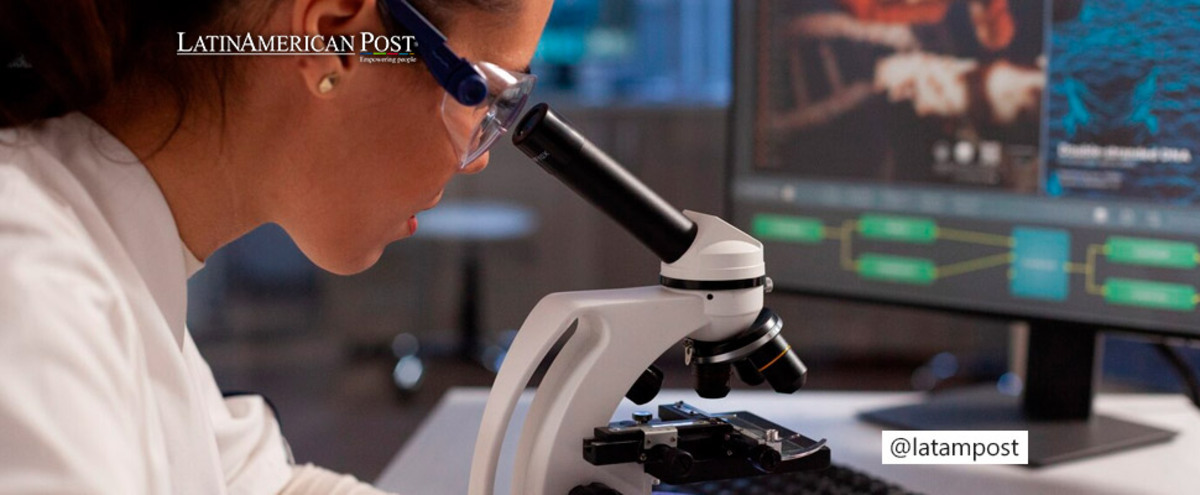
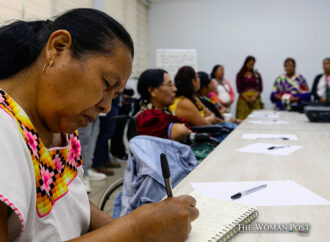

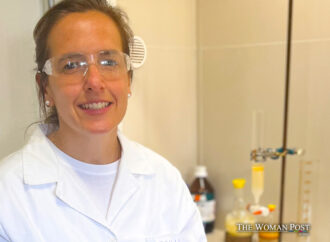
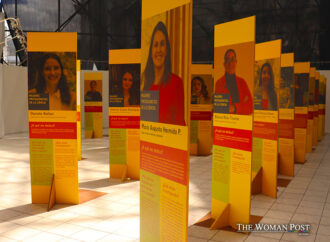
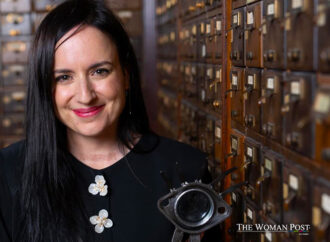





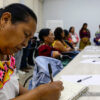










Leave a Comment
Your email address will not be published. Required fields are marked with *